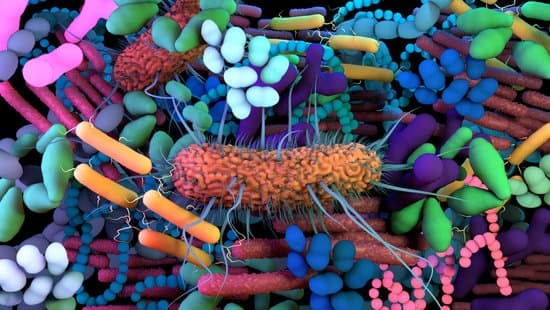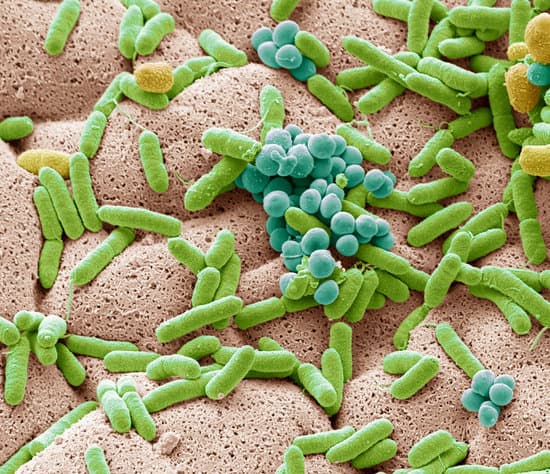The Gut Microbiota
The gut microbiota is the most studied microbiota associated with the human body, with the digestive tract containing the highest density of human-associated microorganisms. Bacteria in the gut harvest energy from food, produce bioactive substances such as neurotransmitters, enzymes, short chain fatty acids, and vitamins, play an important role in programming the immune system, and may participate in metabolic functions.
To date, researchers have been unable to define a ‘healthy gut microbiota’ because the community of gut microbes varies greatly among healthy people. Differences in gut microbiota composition compared to health controls have been demonstrated in people with various diseases or conditions, but in most cases, microbiota differences have not been shown to cause any disease.

Diet and medications are important factors that account for gut microbiota variability in large cohort studies. Antibiotics are a particularly powerful way to alter the gut microbiota: when someone is on antibiotics, the microbial community is altered drastically throughout the course of the medication but microbes typically return to their baseline levels (or close to baseline levels) after the treatment ends.
Dietary changes may also modulate the gut microbiota. Probiotics, prebiotics, fermented foods, and fiber are dietary means of influencing the gut microbiota composition or metabolic activities. Indeed, prebiotics in particular must by definition have a mechanism of action that involves their selective utilization by gut microorganism

